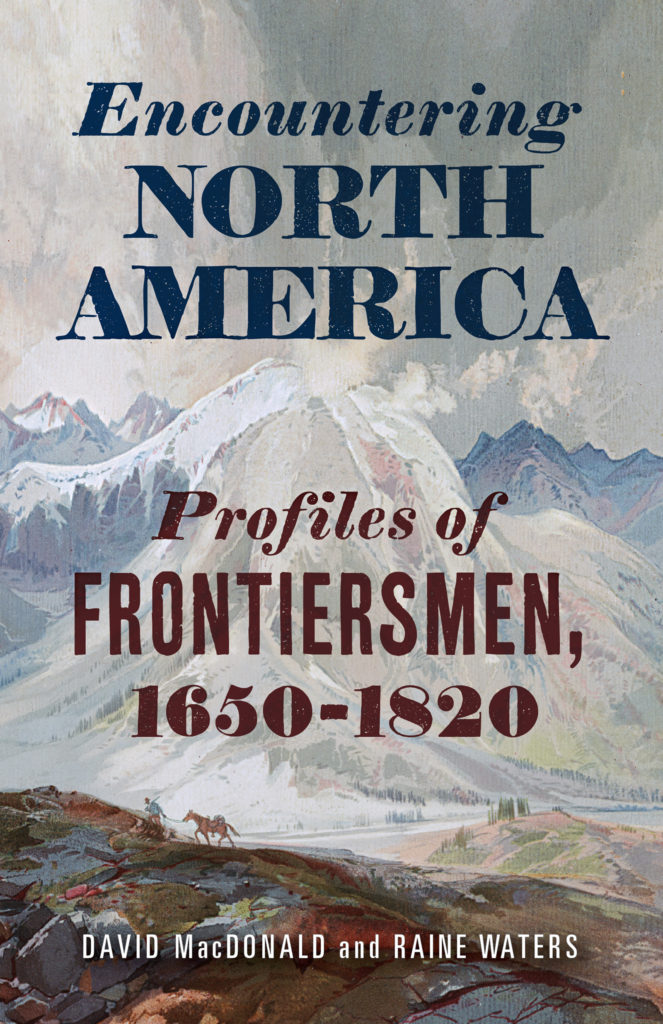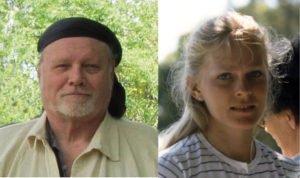

Encountering North America
Profiles of Frontiersmen, 1650–1820
$28.00 Add to Cart Save 25% on every book by joining our Book Club


How European settlers learned of the vast North American continent was often through the accounts of men who individually or in groups trekked into the wilderness. Their chief motivation was ascertaining or obtaining natural resources for commerce, such as beaver pelts and other hides, which took them from the eastern forests, across the Great Plains, into the Rocky Mountains, or to the Pacific Ocean—years before the celebrated Lewis and Clark Expedition. Their information about Indigenous Peoples, the landscape, and the waterways influenced the course of North American history. While a few frontiersmen, such as Daniel Boone, are well known, most—predominantly Canadian and French—are forgotten, their activities recalled only by scholars. Encountering North America: Profiles of Frontiersmen, 1650–1820 by David MacDonald and Raine Waters presents men whose far-reaching explorations opened the continent to further settlements and trade routes. One was torn between the French and British, while another between Indigenous and white societies. One was Spanish. One was an administrator, a force for order in an unsettled world. Two were certainly homicidal. As with the authors’ previous volumes on failed European attempts to colonize both North and South America, each narrative is supported by discursive commentary on the primary source materials available.

David MacDonald is professor emeritus of history at Illinois State University. He received a BA from California State University at Fresno and a PhD from the University of Minnesota.
Raine Waters is an instructor at Heartland Community College. She received a BS and MS from Illinois State University. They are coauthors of We Could Perceive No Sign of Them: Failed Colonies in North America, 1526–1689 and Neither Hee Nor Any of His Companie Did Return Againe: Failed Colonies in the Caribbean and Latin America, 1492–1865.